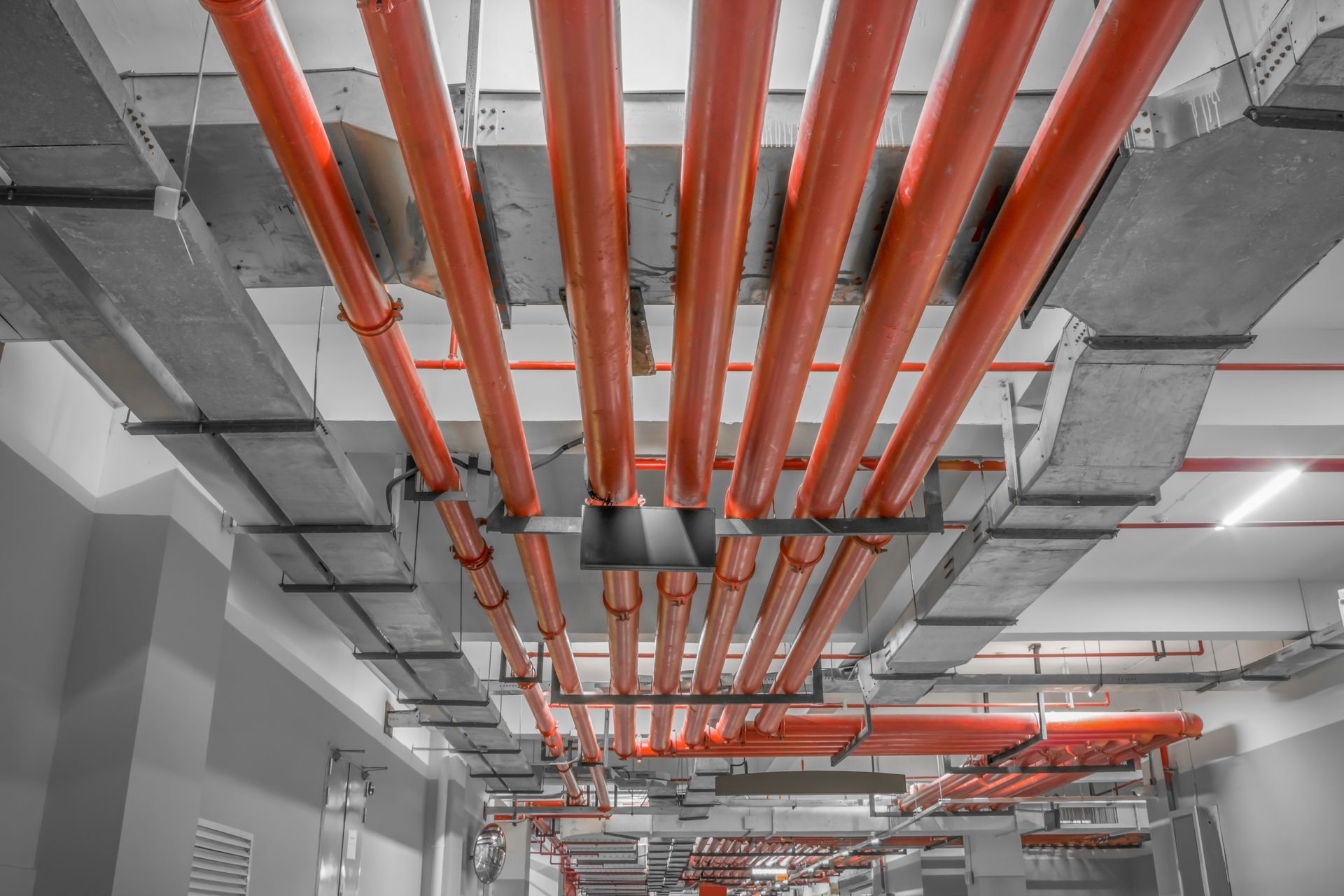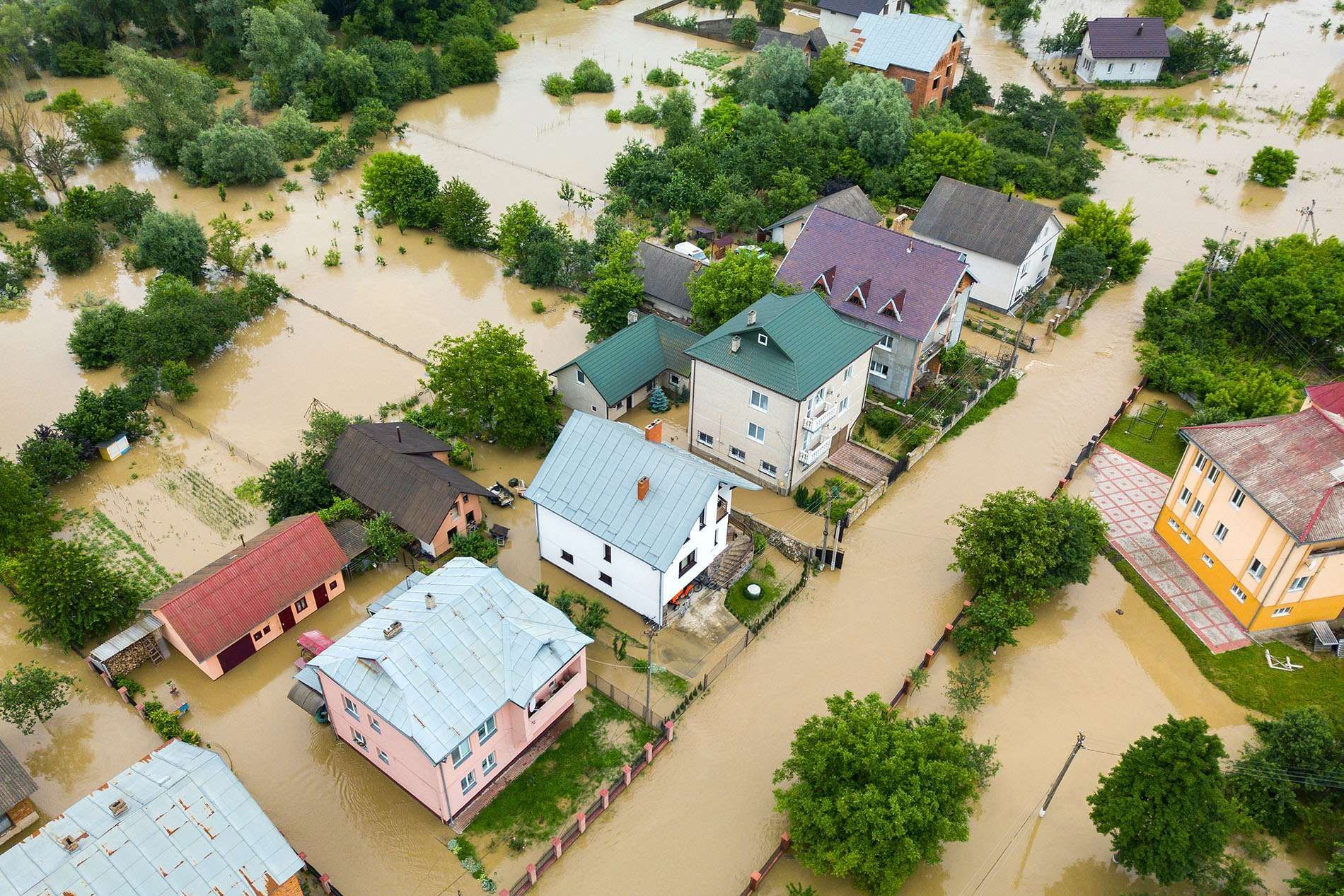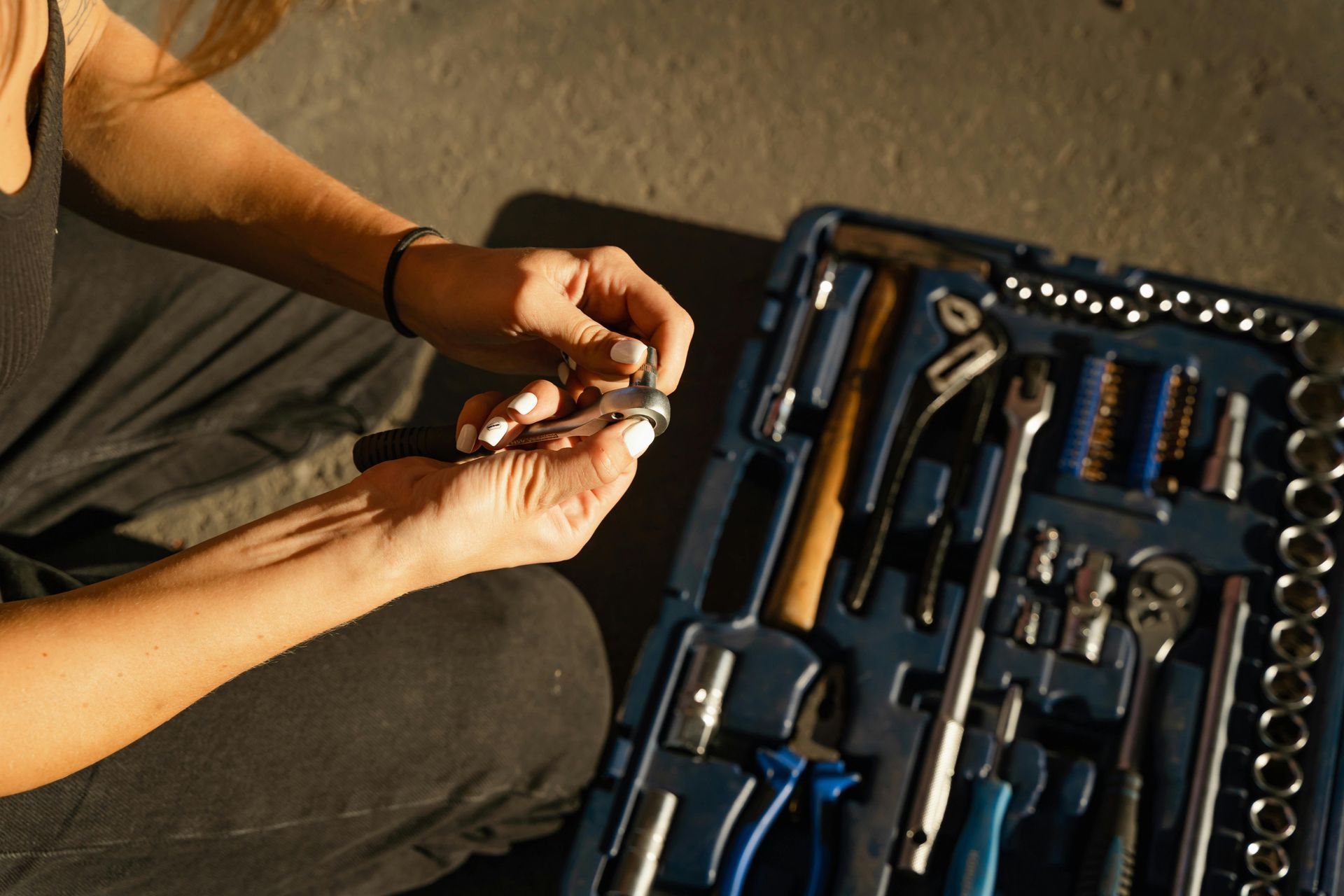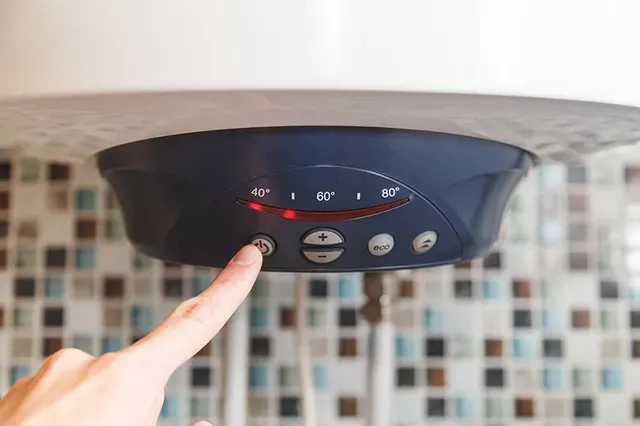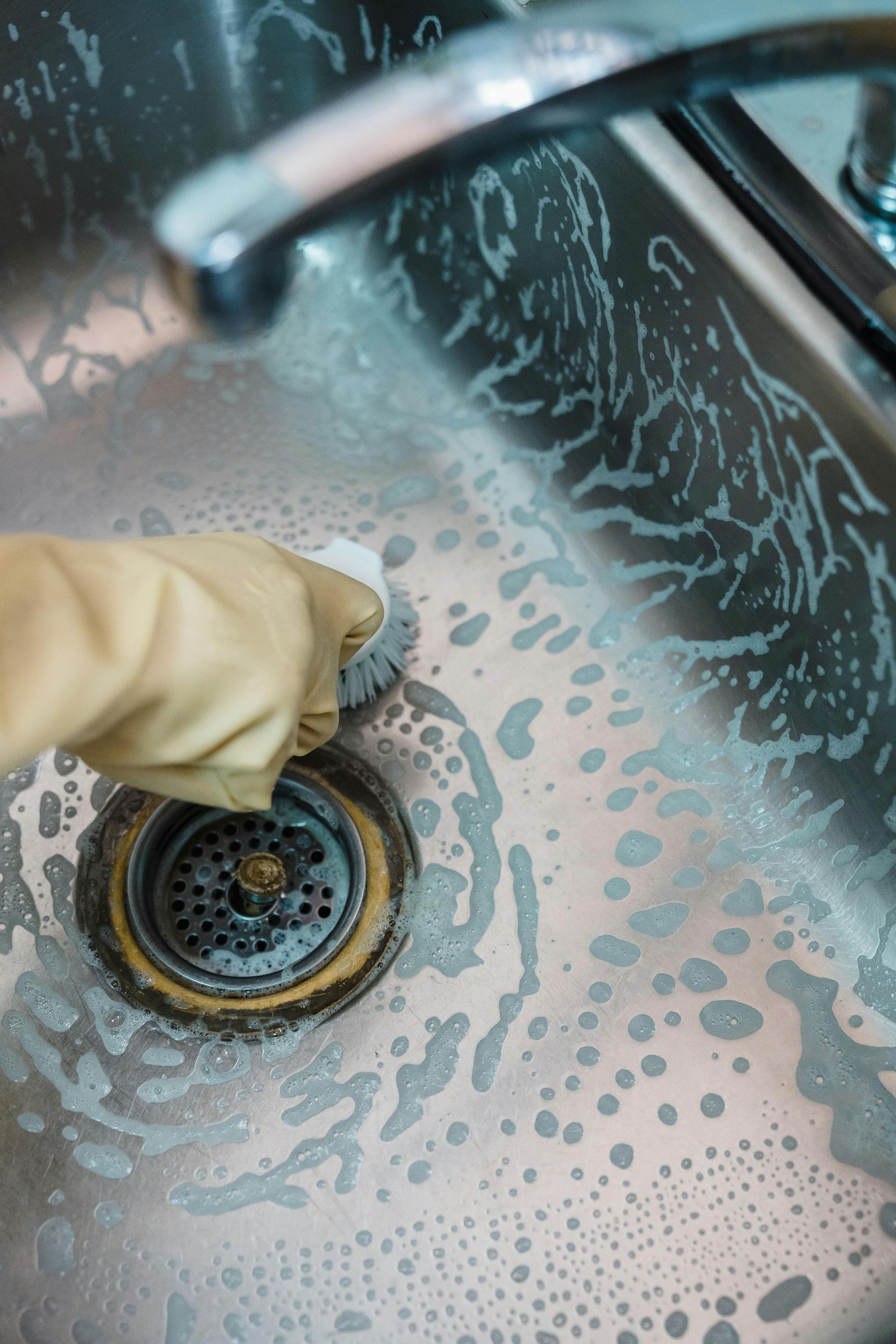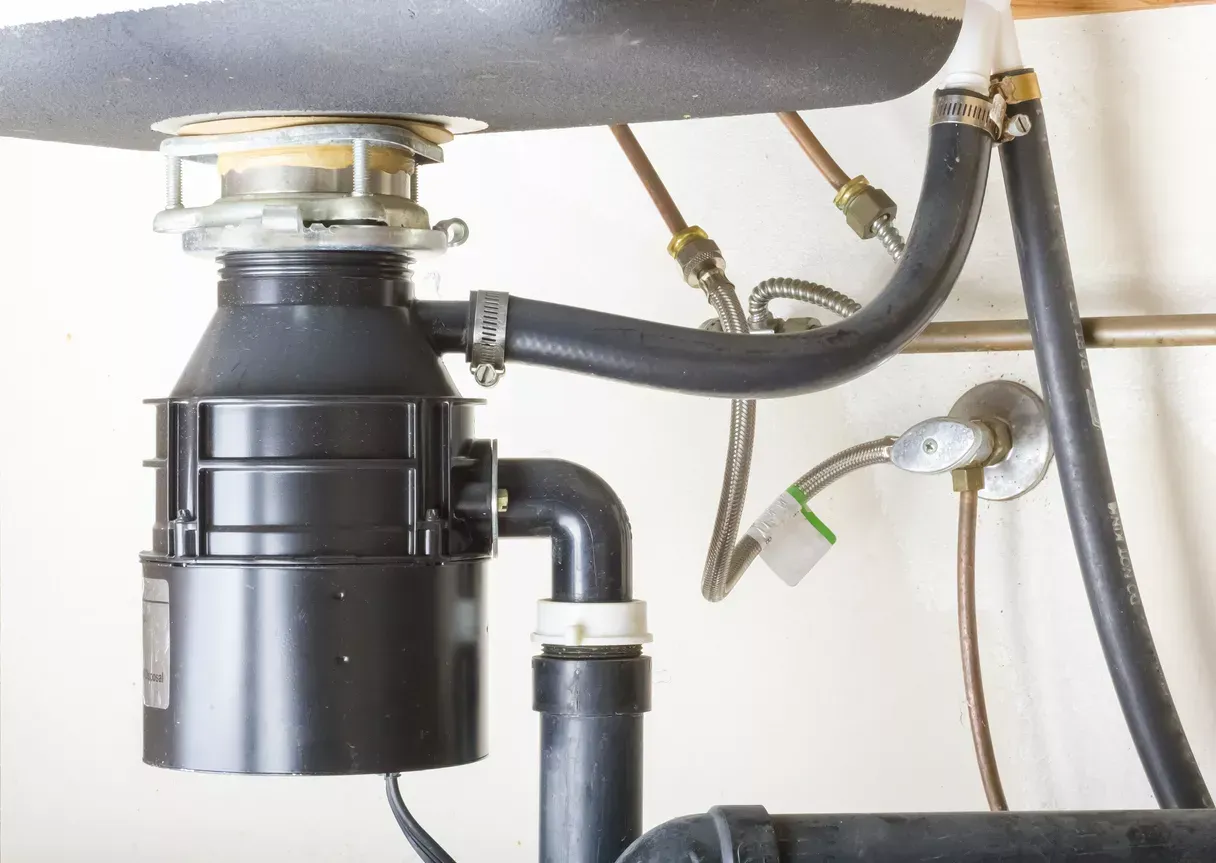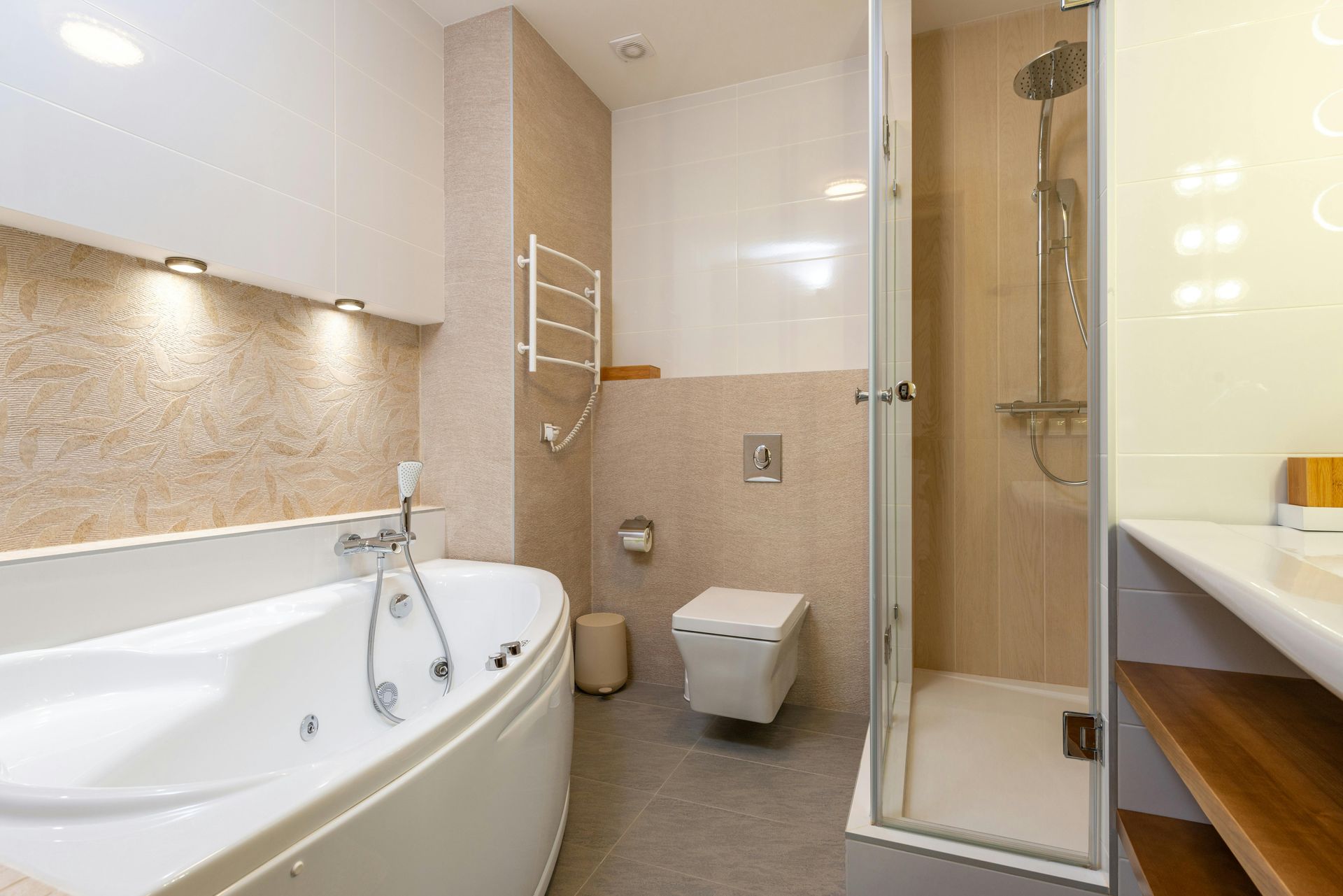The 4 Drain Cleaning Tools Used By Professionals
Thinking about how to keep your drains running smoothly and avoid those pesky clogs? You're in the right place. Professional plumbers have a secret arsenal of tools they use to tackle the toughest drain cleaning jobs, ensuring your pipes stay clear and your home runs smoothly. From the trusty drain auger to the high-powered hydro-jetter, and the high-tech drain camera to the robust root cutter, these tools are essential for maintaining a healthy plumbing system. So, let's dive into the world of professional drain cleaning tools and see how they can help keep your home clog-free.
Drain Augers (Plumber's Snake)
Alright, so let's kick things off with one of the most common tools you'll find in a plumber's toolkit: the drain auger, also known as the plumber's snake. This nifty tool is a lifesaver when it comes to tackling those pesky clogs. Essentially, it's a long, flexible metal cable that can be fed down your drain to break up and clear out blockages. There are a couple of types to know about—handheld augers, which are great for smaller jobs, and motorized ones that pack a bit more punch for tougher clogs. Plumbers often use these for everything from hair and soap scum clogs in the bathroom to grease build-up in the kitchen. The beauty of the drain auger is its versatility, but it's worth noting that it might not be the best solution for every situation, especially for those really stubborn blockages. That's where our next tool comes in.
Hydro-Jetters
Now, if you're dealing with a blockage that just won't budge, hydro-jetting might be the answer. This tool uses a high-pressure stream of water to blast away the toughest clogs, and it's particularly effective for getting rid of grease, scale, and even tree roots. Hydro-jetters come in different sizes, with residential models for home use and larger commercial versions for more extensive jobs. The process involves feeding a hose with a special nozzle into the drain, and then unleashing a powerful jet of water that clears the pipes and restores flow. It's super effective, but it's also a job best left to the pros, as the high pressure can cause damage if not handled properly. Plus, hydro-jetting is a thorough method that not only removes the current blockage but also cleans the pipes, helping prevent future issues.
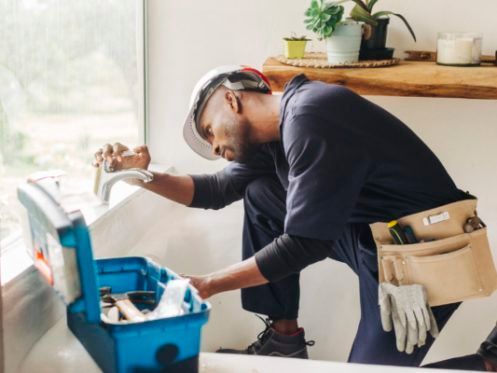
Drain Cameras
Ever wonder how plumbers figure out what's causing a blockage without tearing up your pipes? Enter the drain camera. This tool is exactly what it sounds like—a small camera attached to a flexible cable that can be fed down your drain to provide a real-time view of the inside of your pipes. It's an invaluable tool for diagnosing problems because it allows plumbers to pinpoint the exact location and nature of the blockage. Drain cameras are especially useful for identifying issues like tree root invasions, collapsed pipes, and major build-ups that require more than just a simple snaking. Using a drain camera means less guesswork and more accurate, effective solutions. It’s like having X-ray vision for your plumbing system!
Root Cutters
Last but definitely not least, let's talk about root cutters. Tree roots can be a major headache for homeowners, as they tend to seek out and invade sewer lines in their quest for water. When this happens, a root cutter is the tool to call in. These are specialized attachments that can be added to a plumber's auger or hydro-jetter, designed to cut through and remove roots from your pipes. They come in various shapes and sizes, depending on the severity of the root intrusion and the size of the pipes. Using a root cutter can be a bit tricky, as it's important to remove the roots without damaging the pipes themselves, which is why this job is best left to professionals. Proper use of a root cutter can restore your sewer lines to their full capacity and prevent further damage down the line.
All City Plumbers for All Plumbing Services
When it comes to keeping your home's plumbing in top shape, sometimes you just need to call in the experts. All City Plumbers are the go-to professionals for all your plumbing needs, from routine maintenance to emergency repairs. Their team is equipped with the latest tools and technology, including the drain augers, hydro-jetters, drain cameras, and root cutters we've talked about. By hiring a professional plumber, you ensure that the job is done right the first time, saving you time, money, and a whole lot of hassle. Plus, they can offer advice on how to maintain your plumbing and prevent future issues. So, if you're dealing with a stubborn clog or just want to make sure your plumbing is in great shape, don't hesitate to give All City Plumbers a call. They’ve got the expertise and the tools to get the job done.
There you go! Your home’s drains will be clearer, and your plumbing problems solved with these professional tools and the expertise of All City Plumbers. Ready to take the next step in maintaining a healthy home? Call in the pros and enjoy peace of mind knowing your plumbing is in good hands.


